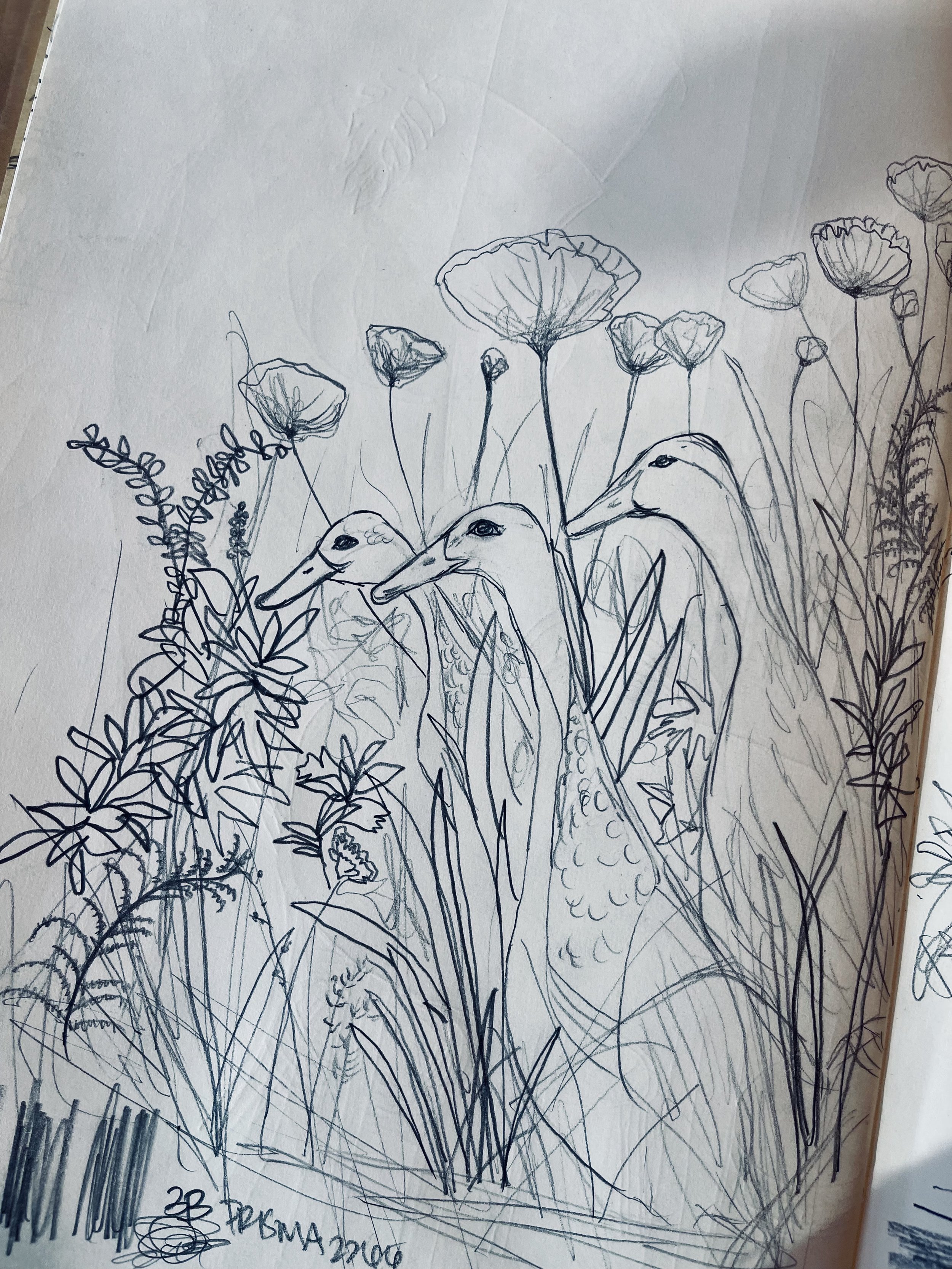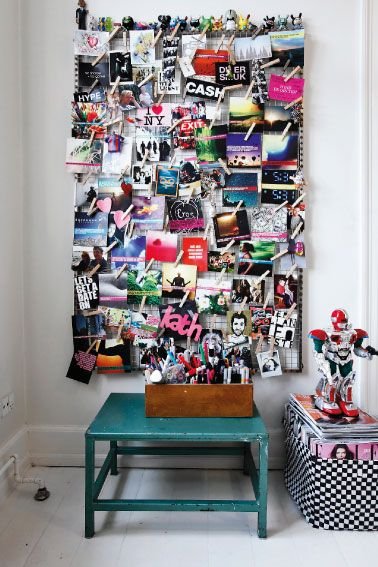What Type of Artist Are You?
I have been researching the creative process for quite some time, and I have discovered a fascinating pattern in how many artists describe their artistic journey. There seem to be two distinct delineations; most artists describe themselves as either a process type or a path type. So what in the world do I mean? Well, it's not an exact science, but since I've been paying attention, I've noticed a definite difference in rhetoric and phrasing. When you start to pay attention, you'll see it everywhere; on social media, artists' website copy, course descriptions, and advertisements...it's everywhere.
Artists tend to describe the way they approach their art in two categories. The first is the process artist. The process artist is more methodical; they use words like habit, commitment, development, and work. Process artists see their art as something that needs practice to develop. They understand their creativity as adaptable and ever-evolving, which waxes and wanes depending on their commitment and attention to training their artistic muscles.
The second artist is the path artist. The path artist is more passion-oriented; they use words like dreams, inspiration, aspiration, and talent. Path artists describe their art as less about the process and more about feeling. They understand their creativity as extraordinary (not boastingly). They tend to see their practice as more of a desire or enjoyment rather than a skill that needs frequent attention and training to develop.
So, why does this matter? Why is the way we categorize ourselves as artists influential? Because your mindset influences everything you do, and this is especially true for artists. The more explicit we are about how we see our artistry, the easier it is to close the gaps and evolve. So, even if your art is solely a hobby, you can still find value in evaluating your mindset. If we consciously, on purpose, bring that awareness into art practice, it naturally will spill over into our everyday life, too. Cultivating and evolving our thinking in new ways can only strengthen our art. And if it's true that your art reflects the life you live, it stands to reason to figure out whether you see yourself as a process artist or a path artist(or a little of both) is symbolic of how you engage in your everyday life.
We evolve our art by developing our thinking. Everything in our lives was first a thought, then we made it real, tangible, but first, it arose as an idea. So our art is a result of our thoughts about the kind of artist we are, just like a painting is a result of the thoughts and ideas you had and then put on a canvas, making them tangible.
We all know that process and path artists are not the ONLY types of artists. Look, there are a lot of forced binaries in the world, and I'm not here to encourage you to categorize yourself or your art in that way. In fact, many artists are in-betweeners, like me. However, these are the two main ways artists tend to lean when describing their artistry. I think this is because of the differences in how people experience their art. From what I've concluded, artists who lean toward explaining their art as process-oriented tend to think about the physical work, not just the physical exertion in the creation but the tangible effects of their art practice.
On the other hand, artists who use words like inspiration and feeling tend to focus on the mental aspects of their art and how it affects them emotionally. Neither one is bad or good, but the latter lends itself to a more passive approach. In contrast, process artists tend to be more proactive in their approach. Both aspects can and do benefit my practice, and I try to straddle the line in between.
However, no matter how you see yourself as an artist, the most important thing is that you keep thinking about how you think. I know...it can seem like a lot and even a little academic, or like navel-gazing. But thinking about how you think(I'm exhausted) is the best way to build your creative intuition and discover the best ways you can actively support your growth as an artist and, dare I say...your development as a human. If nothing else, developing our thinking about our art helps us understand there is no 'right way' or 'wrong way' to be an artist. The process is intricate, and the path is winding, but there are more similarities than differences.









